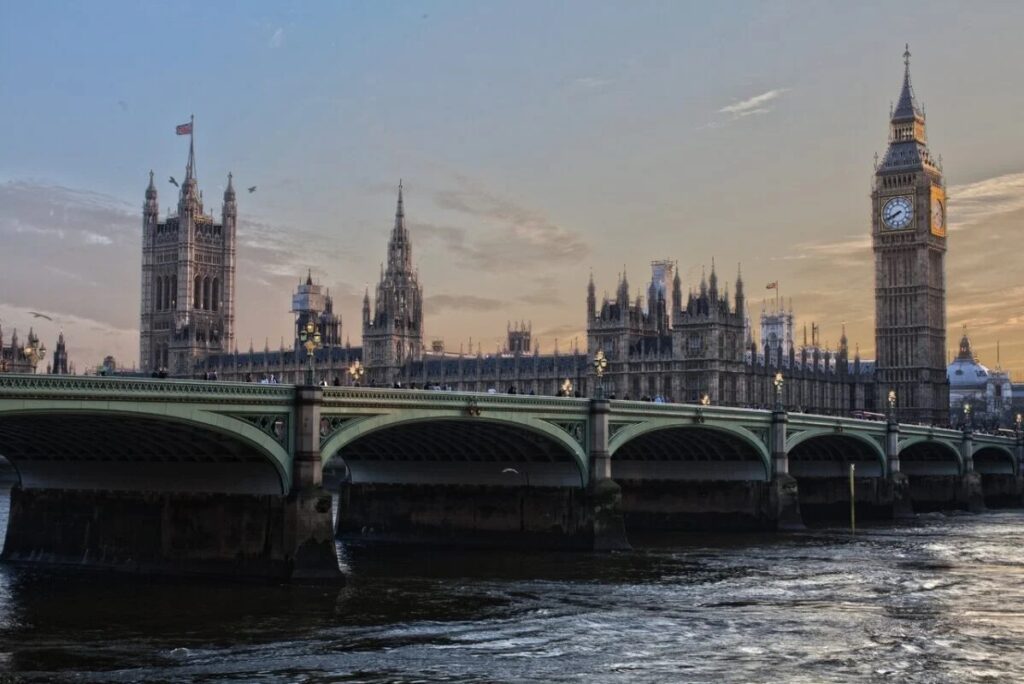The government has responded to the Climate Change Committee’s (CCC’s) July report, which said wind and solar deployment were behind schedule.
The CCC, a public body formed under the Climate Change Act to advise the government on tackling climate change, publishes an annual report on the UK’s progress towards emissions reduction.
This year, it pushed the government to get back on track, stating annual offshore wind installations must increase by at least threefold by 2030, onshore wind installations must double, and solar installations increase fivefold, if targets are to be met.
In its response, the UK government says that it values the role the CCC plays and takes its findings seriously. It says that the publication is “just the start”, setting the first steps in accelerating to net zero (as the now-government’s manifesto promised) and addressing the CCC’s recommendations.
One reason the CCC cited for the UK losing track of its 2030 target is the Conservative government’s steps back in the last year before the general election.
The government states that, since coming to power five months ago, it has taken “urgent action”. It lists steps including lifting the de facto onshore wind ban, launching Great British Energy and setting up the National Wealth Fund. It goes on to say that the action taken so far and the decisions the government is making mean it is acting or partially acting on all 35 of the CCC’s recommendations.
Still, it notes, “We must continue to do more, working alongside communities and businesses, to deliver a net zero transition”.
Delivering the Warm Homes Plan
In its progress report, the CCC wrote that better insulated, warmer homes “powered by renewables and clean energy” would reduce bills, fuel poverty and dependency on international fossil fuel markets.
The government responds that it has committed to the Warm Homes Plan and will soon consult on proposals for homes in the private rented sector to meet improved minimum energy efficiency standards (MEES) by 2030. One of the CCC’s top ten priority actions focused on the obligations of landlords to improve the energy efficiency of rented homes.
One of the points the CCC made in its progress report was that, to meet 2030 targets, approximately 10% of existing homes in the UK will need to be heated by a heat pump, compared to only approximately 1% today.
To that end, the government highlights its launch of two warm homes grant schemes, the Phase 4 Public Sector Decarbonisation scheme and a commitment to remove planning barriers for heat pumps (another of the CCC’s top ten priority recommendations).
The government has also increased the budget for the boiler upgrade scheme (BUS) by £30 million for the 2024/25 financial year, bringing the final budget to £180 million.
Looking to the future, the government intends to publish the full details of its Warm Homes Plan in 2025, hold a hydrogen for heating consultation, and respond to the Future Homes and Buildings Standards Consultation.
Acting on CCC recommendations
Touching on other key elements of the CCC’s recommendations for getting back on track, the government mentions the recent publication of its Clean Power 2030 Action Plan.
The CCC suggested that Clean Power 2030 is “one of the two limbs of our Clean Energy Superpower Mission”. As well as its report, the government notes the recent changes to the national planning policy framework (NPPF) following a consultation and the increased budget for allocation round 6 (AR6) of the contracts for different (CfD) scheme.
Looking forward, in the next CfD auction the government says it will “be looking to go even further to keep the pace of renewable development”.
Furthermore, the government has taken steps to ensure private investment meets the economic needs of the decarbonisation effort. In the Autumn Budget, an initial £100 million capital funding for Great British Energy was announced. The state-owned energy company is also part of the government’s effort to ensure the journey to net zero opens up an active job sector.
It says it will introduce a new Industrial Strategy ‘Invest 2035’, to drive “long-term, sustainable, inclusive and resilient growth through securing investment into crucial sectors of the economy”.
The government reaffirms its commitment to phasing out new cars that rely solely on internal combustion engines by 2030 and that all new cars and vans will be fully zero emission at the exhaust by 2035. This form of the zero emissions vehicle (ZEV) mandate is a rollback from what the CCC initially called for (fully zero emissions vehicles from 2030), but this affirmation is encouraging after recent rumours that the government might concede to pressures to relax the mandate.
In response to fears from some parts of the automotive industry, the government is holding a consultation on the ZEV mandate in an effort to work with manufacturers to ensure a just transition.
Per CCC comments on nature and biodiversity, the Clean Power 2030 Action Plan dedicates significant attention to the nation’s countryside. Further, to the CCC’s assertation that the UK be a global leader in climate change, the government cites Prime Minister Keir Starmer’s recent COP29 activity.






